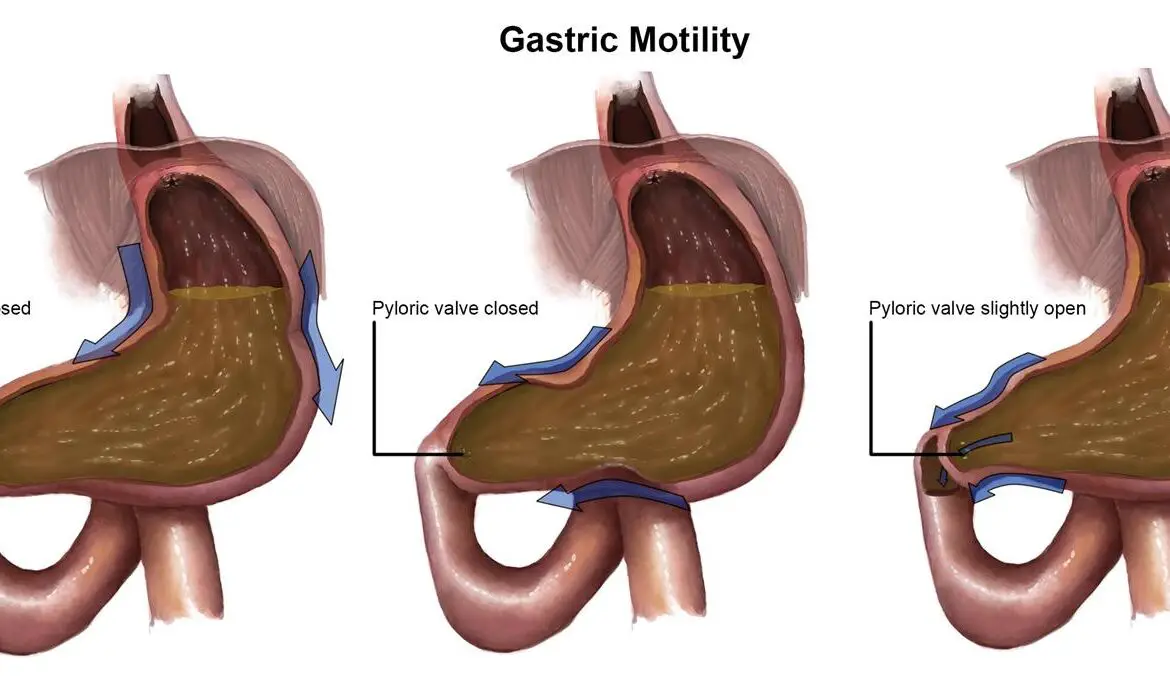Sleep and gut health might seem like two unrelated aspects of well-being, but they are intricately connected. If you’ve ever wondered why a poor night’s sleep leaves you feeling off the next day, your gut might be playing a role in that. Understanding the relationship between sleep and gut health is crucial for overall well-being. Let’s dive into how these two essential elements of health influence each other.
1. Microbiota Balance

Quality sleep helps maintain a balanced gut microbiota, which consists of trillions of microorganisms in the digestive tract. Sleep deprivation can lead to dysbiosis, an imbalance in gut bacteria, which is associated with conditions like obesity, diabetes, and inflammatory bowel disease (IBD) . Studies have shown that sleep deprivation alters the composition of gut microbiota, reducing beneficial bacteria and increasing harmful ones .
2. Circadian Rhythms

Circadian rhythms regulate sleep-wake cycles and other bodily functions, including digestion. Disruptions in circadian rhythms, such as those caused by irregular sleep patterns, can impair digestion and metabolic processes. Research indicates that circadian misalignment, often seen in shift workers, is associated with an increased risk of metabolic syndrome and gastrointestinal disorders .
3. Hormonal Regulation

Sleep influences the production of hormones like cortisol and melatonin. High cortisol levels, often due to stress and poor sleep, can negatively affect gut health by promoting inflammation and disrupting the gut microbiota . Melatonin, which regulates sleep and circadian rhythms, also plays a role in gut motility and integrity . Proper sleep supports balanced hormone levels, crucial for maintaining gut health .
4. Inflammation Control

Inadequate sleep can increase systemic inflammation, which negatively impacts gut health. Chronic inflammation is linked to gastrointestinal disorders such as IBD and IBS . Sleep deprivation elevates levels of pro-inflammatory cytokines, contributing to a state of chronic inflammation that can damage the gut lining and alter gut microbiota .
5. Digestive Efficiency

During deep sleep, the body performs vital maintenance and repair functions, including those related to digestion and nutrient absorption. Poor sleep can impair these processes, leading to inefficient digestion, nutrient deficiencies, and gastrointestinal discomfort . Studies show that sleep deprivation negatively affects the gut’s ability to absorb nutrients, which can contribute to various health issues .
6. Gut-Brain Communication

The gut-brain axis involves bidirectional communication between the gut and the brain via neural, hormonal, and immune pathways. Proper sleep is essential for this communication to function effectively . Sleep deprivation disrupts the gut-brain axis, impacting gut motility and contributing to gastrointestinal disorders like IBS . Research indicates that poor sleep quality can alter gut-brain signaling, affecting both gut health and mental well-being .
7. Immune Function

Sleep is crucial for a robust immune system, which protects the gut from harmful pathogens and maintains the integrity of the gut lining. Poor sleep weakens the immune response, making the gut more susceptible to infections and inflammatory conditions . Studies show that sleep deprivation impairs immune function, increasing the risk of gastrointestinal infections and inflammation
8. Stress Response

Adequate sleep helps manage stress levels by regulating the body’s stress response system. Chronic sleep deprivation elevates stress levels, which can negatively impact gut health by altering the composition of gut microbiota and increasing gut permeability (leaky gut) . This can lead to digestive issues and exacerbate conditions like IBS . Research highlights the link between stress, sleep, and gut health, emphasizing the importance of managing stress through proper sleep hygiene .
9. Appetite Regulation

Sleep regulates appetite-related hormones, such as ghrelin (which stimulates hunger) and leptin (which signals satiety). Poor sleep disrupts these hormones, leading to increased appetite and cravings for unhealthy foods, particularly high-sugar and high-fat foods . These dietary choices can harm gut health by promoting dysbiosis and inflammation . Studies show that sleep deprivation increases ghrelin levels and decreases leptin levels, driving unhealthy eating behaviors that impact gut health .
10. Gut Motility

Proper sleep ensures the smooth functioning of the gastrointestinal tract, aiding in regular bowel movements and preventing issues like constipation or diarrhea . Sleep disruptions can alter gut motility, leading to irregular bowel movements and gastrointestinal discomfort . Research indicates that sleep disorders are associated with altered gastrointestinal motility, highlighting the importance of sleep for digestive health .
11. Microbial Diversity

Quality sleep promotes a diverse gut microbiome, which is associated with better overall health and resilience against diseases . A diverse microbiome can efficiently perform various functions, including digestion, nutrient absorption, and immune modulation . Poor sleep can reduce microbial diversity, weakening these functions and increasing susceptibility to gut-related issues . Studies show that sleep quality is directly linked to the diversity of gut microbiota, emphasizing the role of sleep in maintaining a healthy gut ecosystem .
12. Serotonin Production

Serotonin, a neurotransmitter produced in the gut, plays a crucial role in regulating mood, digestion, and sleep. Adequate sleep supports optimal serotonin production, which is essential for maintaining a healthy gut-brain axis . Poor sleep can disrupt serotonin levels, leading to issues like mood disorders and digestive problems . Research highlights the importance of serotonin in sleep regulation and gut health, showing that sleep deprivation can negatively affect serotonin synthesis and function .
Frequently Asked Questions
How much sleep is needed for a healthy gut?
Aim for 7-9 hours of quality sleep each night to support gut health.
Can poor gut health cause sleep problems?
Yes, an unhealthy gut can disrupt the production of sleep-regulating hormones, leading to sleep issues.
What are some quick fixes for better sleep and gut health?
Try maintaining a regular sleep schedule, eating a balanced diet rich in fiber and fermented foods, and managing stress through relaxation techniques.
Are there any risks associated with sleep supplements?
While generally safe, some sleep supplements can have side effects or interact with medications. Always consult a healthcare provider before starting any new supplement.
How long does it take to see improvements in sleep and gut health? Improvements can vary, but many people notice changes within a few weeks of adopting healthier sleep and dietary habits.
References
- Zarrinpar, A., Chaix, A., & Panda, S. (2016). Daily eating patterns and their impact on health and disease. Trends in Endocrinology & Metabolism, 27(2), 69-83.
- Thaiss, C. A., Levy, M., Korem, T., Dohnalová, L., Shapiro, H., Jaitin, D. A., … & Elinav, E. (2016). Microbiota diurnal rhythmicity programs host transcriptome oscillations. Cell, 167(6), 1495-1510.
- Benedict, C., Vogel, H., Jonas, W., Woting, A., Blaut, M., Schürmann, A., & Cedernaes, J. (2016). Gut microbiota and glucometabolic alterations in response to recurrent partial sleep deprivation in normal-weight young individuals. Molecular Metabolism, 5(12), 1175-1186.
- Voigt, R. M., Forsyth, C. B., Keshavarzian, A., & Engen, P. A. (2016). Circadian disruption: Potential implications in inflammatory and metabolic diseases associated with alcohol. Alcohol Research: Current Reviews, 38(2), 205.
- Pan, A., Schernhammer, E. S., Sun, Q., & Hu, F. B. (2011). Rotating night shift work and risk of type 2 diabetes: two prospective cohort studies in women. PLoS Medicine, 8(12), e1001141.
- Smith, S. M., Vale, W. W., & Bunney, W. E. (1976). Cortisol responses in sleep-deprived depressive patients. Biological Psychiatry, 11(3), 345-353.
- Reiter, R. J., Tan, D. X., & Korkmaz, A. (2009). The circadian melatonin rhythm and its modulation: possible impact on hypertension. Journal of Hypertension, 27(Suppl 6), S17-S20.

